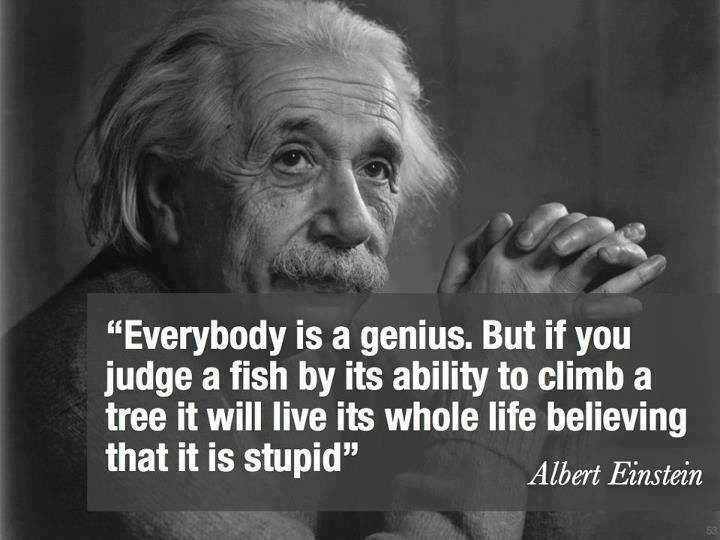|
"At the NCTL 'Seizing Success' conference on 13 June, the Secretary of State spoke about schools’ ongoing assessment under the new national curriculum, in advance of the consultation on primary assessment and accountability.
As part of our reforms to the national curriculum , the current system of ‘levels’ used to report children’s attainment and progress will be removed. It will not be replaced." From DfES Website (full article here) This has led to different responses from teachers; some tearing their hair out in frustration at the constant changes and others cheering with jubilation at the ousting of a system that is 'broke' and places children and teachers under undue pressure. This evening 27th June there was a very lively discussion on twitter under the hastag #ukedchat. Many teachers offered alternatives to the present method of levelling. However were many of these 'alternatives' merely levels in a different guise? It was suggested that perhaps children can be assessed against a range of expected criteria at the end of each year. This could then be reported to parents as:
This is just levelling, I can imagine teachers all over the country saying to the children in their charge, "Well Johnny, this piece of writing is below expectations for Y5 but if you do x,y,z then you will be at expected.' What about those poor souls in Y6 who at the end of their primary school life are told that they are at the expected level, however the expected level of a Y4 child and not that of a Y6. Is that much better than being 'labelled' a 3c? 'What about a skills approach?' another tweacher added 'developing skills and telling children how to improve each skill. I like this idea but is this not we already have with the AF's? If we did go down the skills approach then would teachers/schools/Gove then start to make numerical demands on the reporting e.g. 65% of children in School A have met 25/30 skills whereas 95% of children have met 25/30 skills in School B, therefore school B is much better. Perhaps what we already have is not that bad. Perhaps how we use the levels is what is going wrong? Many teachers and senior leaders insist on us levelling independent pieces of work and single tests to give a level. Then children are given a set of criteria/targets to include in order to meet the next sub-level. Is this how levels were intended to be used? We want children to be a level 4 average in Y6 so why do we need to know if they are a 4a,b or c? More importantly why does a child need to know? In my school we use teacher assessment in maths looking at independent work over a term in order to make an informed judgement. In reading we use tests coupled with evidence from guided reading sessions. We use at least 6 pieces of independent writing across a range of genres to make that judgement in writing. It seems that Gove has made his mind up, perhaps we shall see a revolutionary alternative that will blow our minds. (I hold my breath on that one.) I know one this though when they do go my Y5 children will be baffled! They will still want to know what level they are so they can compare themselves to their classmates. (that is human nature)
7 Comments
|
Archives
July 2020
Categories
All
|

 RSS Feed
RSS Feed
